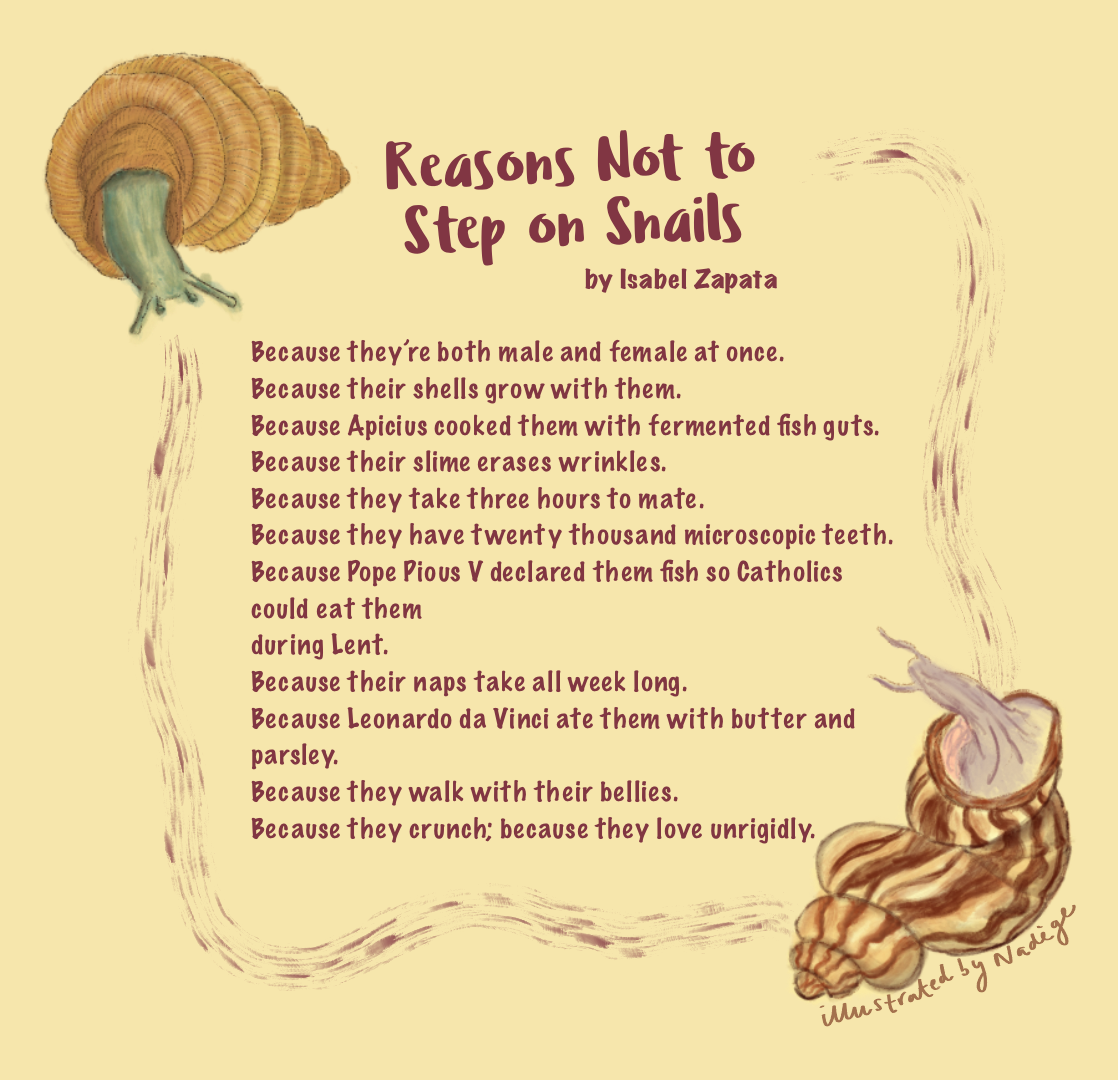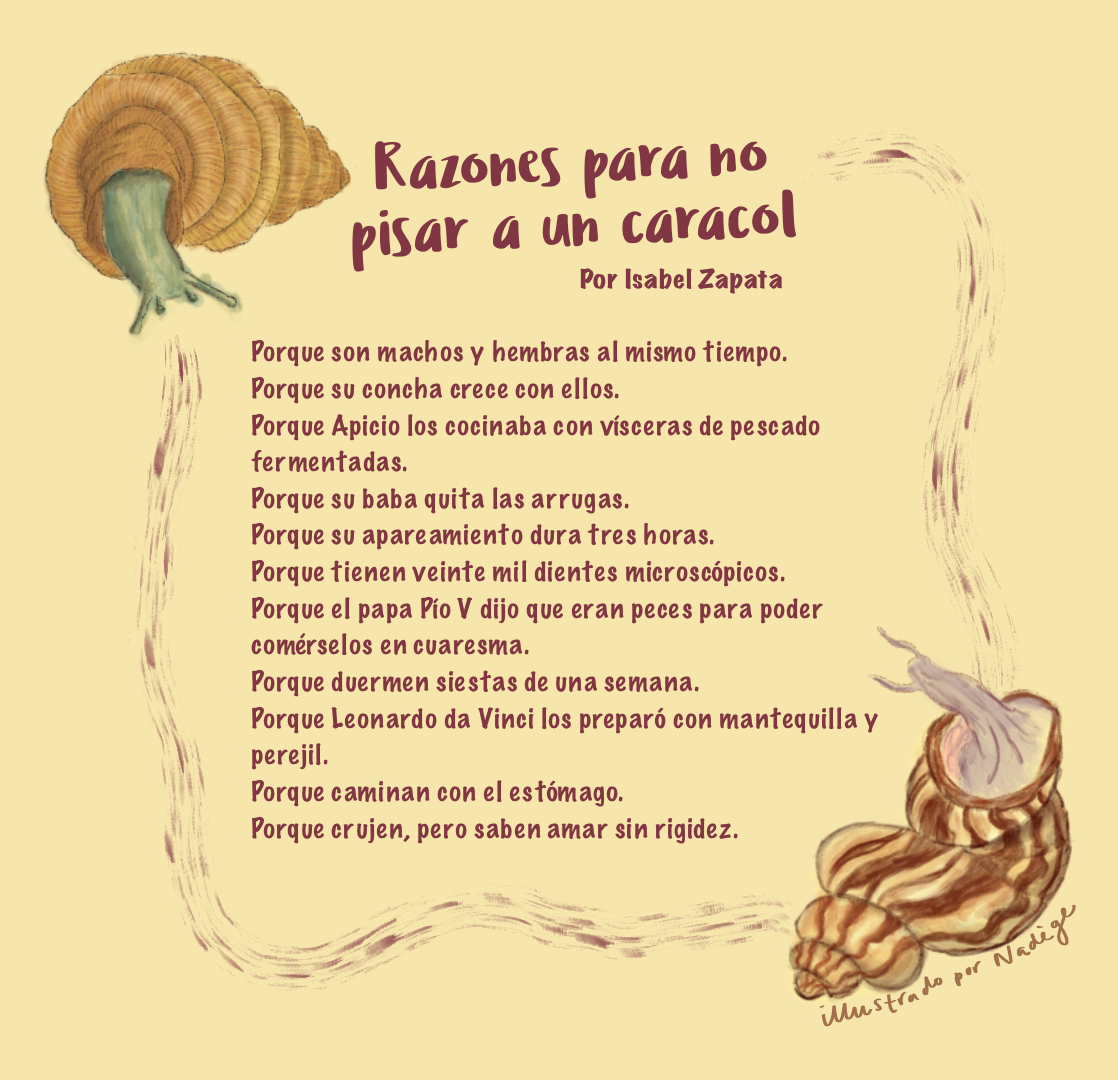More highlights from day 2
How to process personal data for big data analysis and the development of AI
Byoung-il Oh, president of Korean Progressive Network JINBONET, gave a presentation on the key aspects of how the newly revised Personal Information Protection Act in South Korea has allowed the commercial exploitation of citizens’ personal data, even without their consent. One striking example is how pharmacies can now sell prescription data to private entities without the subjects’ consent, and this data is then subsequently further sold to pharmaceutical companies. This is being done by several governments globally in the name of fostering their big data and AI industries. He explained the crucial difference between pseudonymous and anonymised data and how Korean civil society has opposed such laws.
APC Environmental Sustainability Ecosystem
Facilitator Jennifer Radloff of APC began by showing us a vibrant reading of Yomi Ṣode’s poem “Chaos in the Sky and on Land” (https://www.youtube.com/watch?v=LBw83N4vr44, https://www.livtorc.co.uk/hot-poets/). Next, the CSO PROTEGE QV discussed their work on climate change in Cameroon, and how getting timely information around climate disasters is critical and an urgent need. One needs to be careful with such data since it needs to be credible, lest it create needles public panic. The climate doesn’t just affect our ecosystem but also our entire life cycle, such as sanitation, tourism, agriculture, etc. Cameroon has signed global protocols and now needs to implement them.
.
When designing and planning and online event, it is key to nurture an environment where each person feels seen, heard and acknowledged. This is the main idea drawn from the process of creating the APC guidelines on planning and designing online events, also called "Come together". https://cometogether.apc.org/
Your TECH choices make a difference
Which technologies are more ethical and sustainable to use? In order to make an informed decision, people need to know about practices and concepts relatd with internet services and the consumption and use of ICTs. This was the focus of the session "Your TECH choices make a difference", faciliated by Pangea, which went through options including DNS domains, Nextcloud advanced, secure email, choice of user devices and ethical internet access providers.
Tracking Migrants to Digital Exclusion
The documentary "The Migrants - Plights, struggles and aspirations" (https://www.youtube.com/watch?v=MffyB8ldO3E) by APC member in India Digital Empowerment Foundation, illustrates the journey and after journey of the Indian migrants who traveled back to their villages form the cities during times of COVID. During this session, the film was screened and there was a round of questions from the participants to the filmmaker, Abner Manzar, that alllowed the creators to share about the challenges faced at the time of producing this documentary. The film documents their financial and emotional state and the obstacles they faced during their journey, such as whether they were accepted by their own villages and if the government provided any support. One of the interviewees expressed that they had to sell their bicycles, which they used as their main transportation to travel back to their village, to get the bribe money to the police in order to cross the border, otherwise the police will take away their bikes and incite violence on them. This is one of the many examples that was narrated in the films, their surviving situations. The film concentrates on three states: Uttra Prades, Bihar and Jharken. One small silver-lining: During the filming process, they met a 19 years old young migrant who was quite knowledgeable and educated. They ended up hiring him as one of their Soochna entrepreneurs (information entrepreneur). He now runs his own information centre providing government information and villager entitlements in his own village.
Access to information and local content fostering diversity in developing countries
This session, organised by APC members Núcleo de Pesquisas, Estudos e Formação (Nupef) from Brazil, Servelots from India and Zenzeleni Networks from South Africa, opened an interesting discussion on locally produced content and its access, through the introduction of three initiatives with different approaches and some common challenges, pre, during and post-Covid times.
Initiating Digital Rights Monitor Asia
In the "Initiating Digital Rights Monitor Asia" session, Media Matters for Democracy (MMfD)(https://www.apc.org/en/members/media-matters-democracy-mmfd) introduced the Digital Rights Monitor (DRM) initiative in Pakistan and shared more about their plans to expand it to Asia. The DRM (https://www.digitalrightsmonitor.pk/) is a platform to report on digital rights and internet governance issues in Pakistan and collates related resources and publications. Seeking potential partnerships from member organisations interested in collaborating to expand it regionally, MMfD told us more about what they achieved so far, the vision to move forward and also explored some opportunities for collaborations. One example shared was the Challenge series on freedom of religious expression on the internet, a compilation of case studies looking into different policies and how they are made to restrict religious expression, in which concrete cases from different countries are welcome.
ICTs and Environment Course presentation
In this session, Nodo TAU and Colnodo presented their course ICTs and Environment https://cursos.rds.org.co/, developed with help from APC, to other members of the network, so that they can use it or work on similar initiatives. In the words of Florencia Roveri, from Nodo TAU, this online course teaches people about the relationship between the environment and ICTs, including aspects around manufacturing and design, energy sources, carbon print, circular economy or the "right to repair". "The goal is to learn by doing, so that these people can go to their communities and spread the word, apply what they've learnt and have a positive impact there."
Creating learning exercises for greater impact training
This session, hosted by individual member Helen Nyinakiiza, she invited the participants to design a mock 1-day workshop on digital safety awareness for low-intermediary tech skilled individuals. The attendees were invited to reflect on a series of questions about their own experiences while attending trainings, and in particular on digital security, pointing to the different ways in which we learn. "As educators and teaching enthusiasts, we want to provide meaningful experiences for learners. They, in turn, put trust in us to create content that is interesting and engaging." The session offered insights into 'what to teach' and 'how to teach' different sections of a workshop agenda and have fun while doing it.
Community networks and cooperative or collective hosting projects sharing experiences / Compartencia entre redes comunitarios y proyectos de hospedaje cooperativas o colectivas
In this session, members acting with autonomous server projects and community networks come together to a vivid conversation around the differences and similarities between those two models. In the discussion, lessons learned, emerging issues, and worries and hopes for the future were shared from both perspectives, aiming to identify mutual needs and collaborations opportunities, as well as brainstorm on ways to keep the conversation and move forward.
APC Environmental Sustainability Ecosystem
In line with APC’s strategic priority to have “people to use and shape the internet and digital technologies to create a just and sustainable world” and connecting with the environmental work of many members, Day 2 of the convening included a “Virtual World Cafe” on environmental sustainability and its intersection with digital rights and technologies. Guest speakers from Latin America and Europe covered intricate and complementary topics.
APC Labs: Let's fund and support tech projects together
This session was an enthusiastic dialogue around how to fund and support tech projects together. Organised by APC individual member Mallory Knodel, the session started with an introduction where she pointed out that APC has several members that are implementing technology and some of them have coalesced around a group called InfraRed (https://in.fra.red). Other members are not part of InfraRed but are providing certain services, such as email and messages ones, as well as the APC community networks projects involving partners providing connectivity. Participants discussed the idea of APC playing the role of "trade association" that provides services to this coalition in multiple forms, especially in the four main areas identified by the facilitator: 1) Legal and policy support; 2) resource and infrastructure sharing. 3) joint fundraising; and 4) technical standards.


